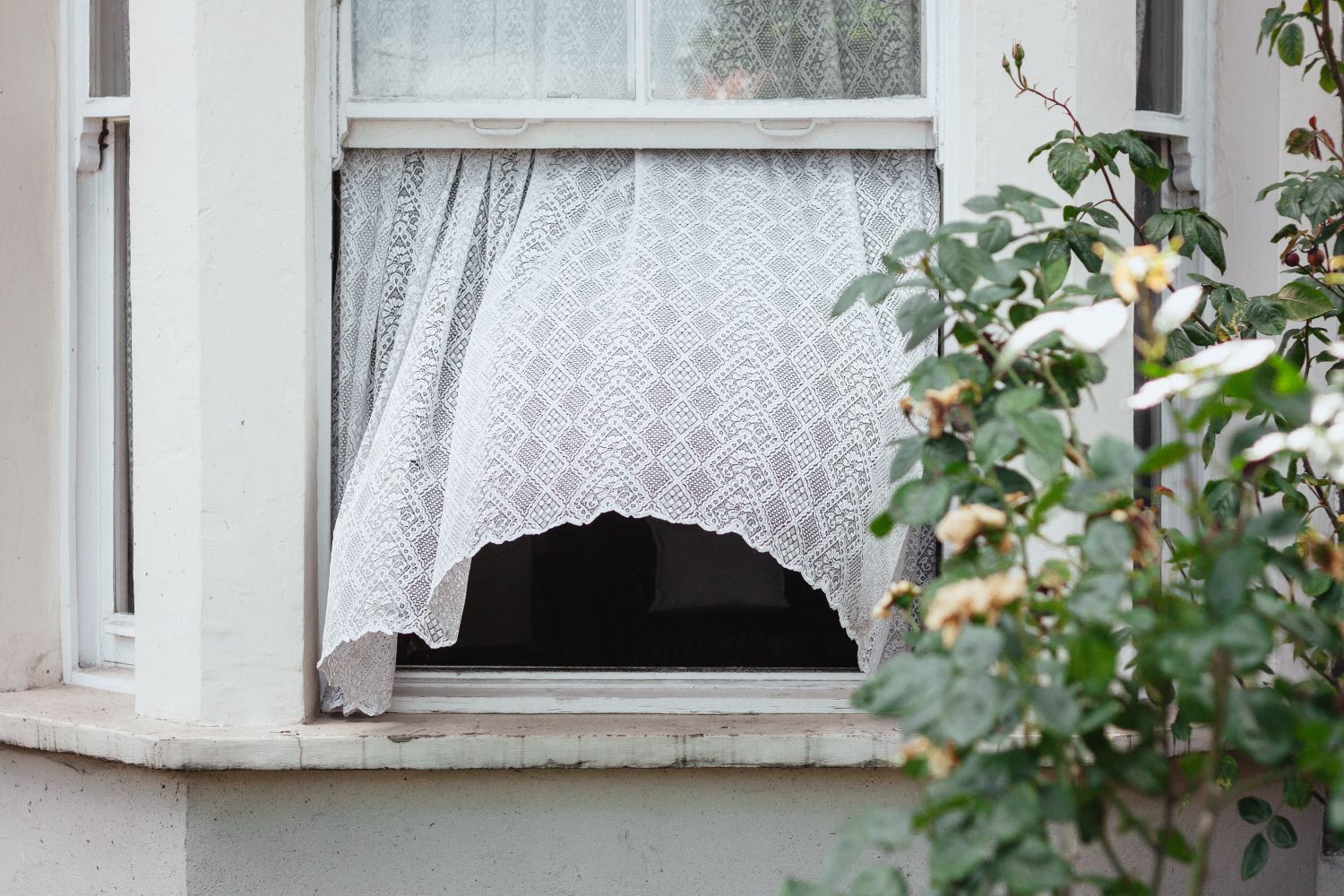Why you still need to ventilate your home during winter
Winter is a time when many people prefer to stay indoors, where it’s warm and cozy. It’s a time to close yourself off from the world, draw the curtains and relax by the fire.
Although this is a nice escape from the cold weather, it is important not to seal yourself completely! This is because indoor air can quickly become stale and polluted. Over time, this can worsen health conditions and lead to condensation and mould growth.
So, how can you prevent this? By ventilating your home!
During winter, it is crucial to maintain healthy air quality. This can be done by ventilating your home. Read on for some tips on how to properly ventilate your home and prevent these dangers from occurring.
Why do you need to ventilate your home?
When you keep your doors and windows closed, the air inside your home can become stagnant, trapping pollutants like dust, pet hair and fluff. Breathing in these pollutants can cause respiratory issues and worsen health conditions like asthma and allergies. Proper ventilation helps to remove these pollutants and improve the air quality in your home.
Alongside improving indoor air quality, ventilation can also help regulate the humidity levels in your home. During the winter, indoor heating can cause the air to become dry. This can lead to dry skin, sore throat, and other health issues. By ventilating your home, you can let in the fresh air and reduce humidity levels, helping to maintain a healthy and comfortable indoor environment.
There are also behaviour factors at play. Drying your clothes in poorly ventilated rooms during Winter could make your house damp and lead to mould growth. Or not properly ventilating your kitchen when cooking can lead to excess condensation. Both factors can be detrimental to your home and health.
How can you ventilate your home?
Open your windows
There are many ways to ventilate your home during the winter. Even if it’s cold outside, opening windows is a simple way to let in fresh air. You don’t need to leave them open all day, around 5-10 minutes at a time will help to remove stale air, and let fresh air in. It is vital to do this once or twice a day. Ideally, open windows on both sides of your house, which allows for cross-ventilation and ensures fresh air circulates around the house. The warm surfaces within the house will quickly warm the cooler dryer air.
Use an exhaust fan
You can also use exhaust fans in the kitchen and bathroom to remove stale air and moisture. This is especially important when cooking, as moisture can circulate around the house. Remember to slightly open the window when doing so.
This ensures that conditioned air from the living areas is not sucked outside – (creates a localised circuit). Pre-heating the bathroom before showering will also improve the effectiveness of exhausting moisture. In colder bathrooms, the steam produced will condensate on the walls and ceiling and take a lot longer to dissipate.
Consider when to dry your clothes
If you’re drying your clothes inside, consider using a dehumidifier to remove excess moisture. If you don’t own one, try to dry your clothes near an open window when it’s not too cold outside.
Dry your clothes outside- create a space where you can leave them outside. e.g. peg some clear plastic over your washing line and use an airer to get them mostly dry- finish them off inside if needed.
Insulate your home
Insulation is also important to the ventilation process. An insulated house helps to remove excess condensation and allows the home to regulate temperature. This means your house will maintain a warmer temperature and won’t take as long to heat during the ventilation process.
Move bedding and furniture away from external walls to allow airflow. Lack of airflow, particularly in uninsulated walls, can lead to condensation and mould growth.
Why is this important?
Ventilating your home during the winter is essential for maintaining good indoor air quality and preventing health problems. By opening windows, using exhaust fans, and using an air purifier, you can keep the air in your home fresh and healthy.
Excess condensation and mould can damage your home. This could affect the internal structure and lead to extensive repairs in the future. Ensuring you properly ventilate your home can help reduce condensation and mould, protecting the integrity of your home.
If you want a healthier and more comfortable indoor environment, ensure you ventilate your home!
Get in contact with us
If you’re unsure what ventilation options you have, or you need advice on how to ventilate your home, contact us.
We offer Home Energy Checks that can give you tailored advice to improve ventilation in your home and be more energy efficient.
If you need insulation, get in contact for a free and no-obligation quote.






